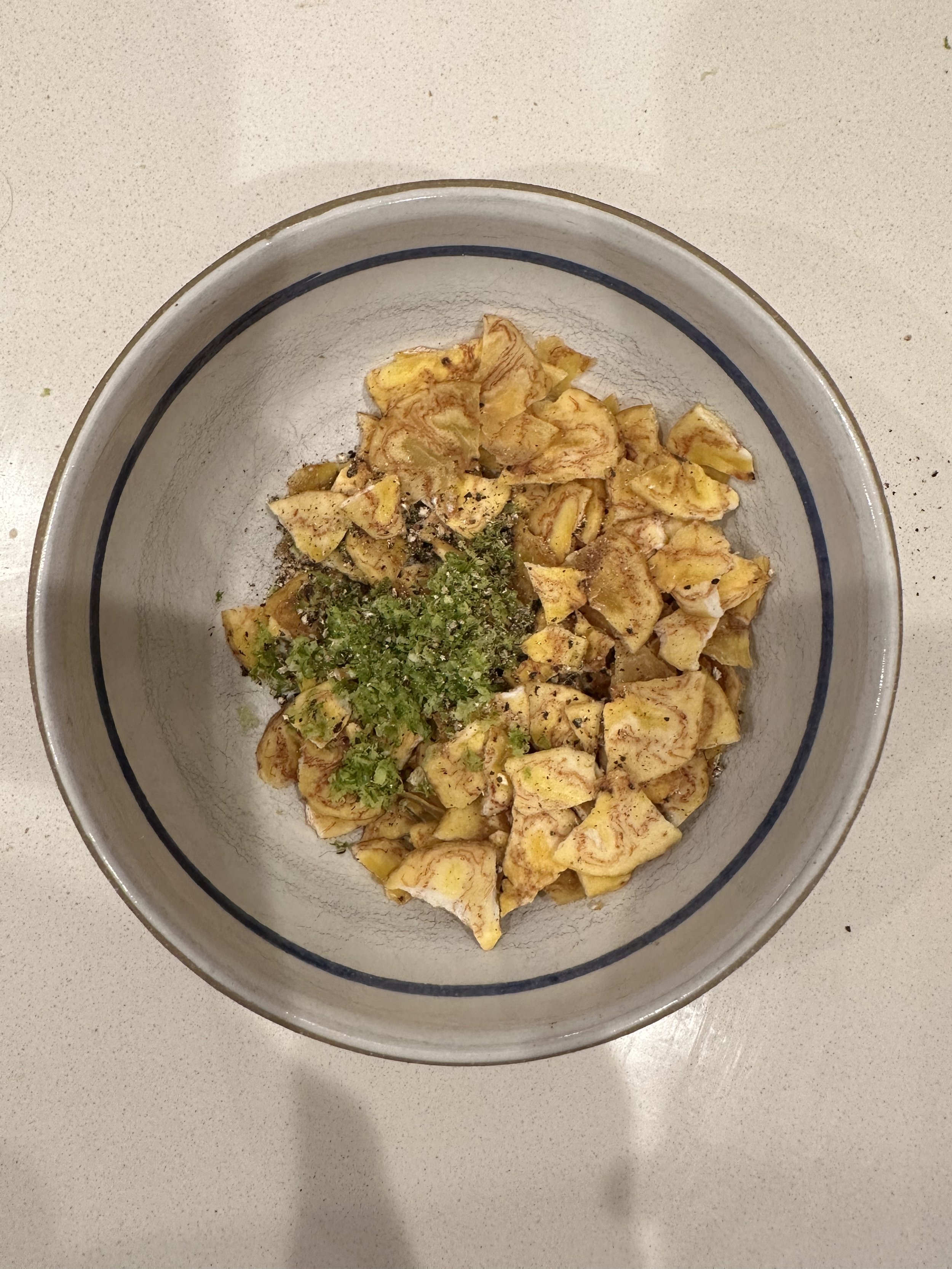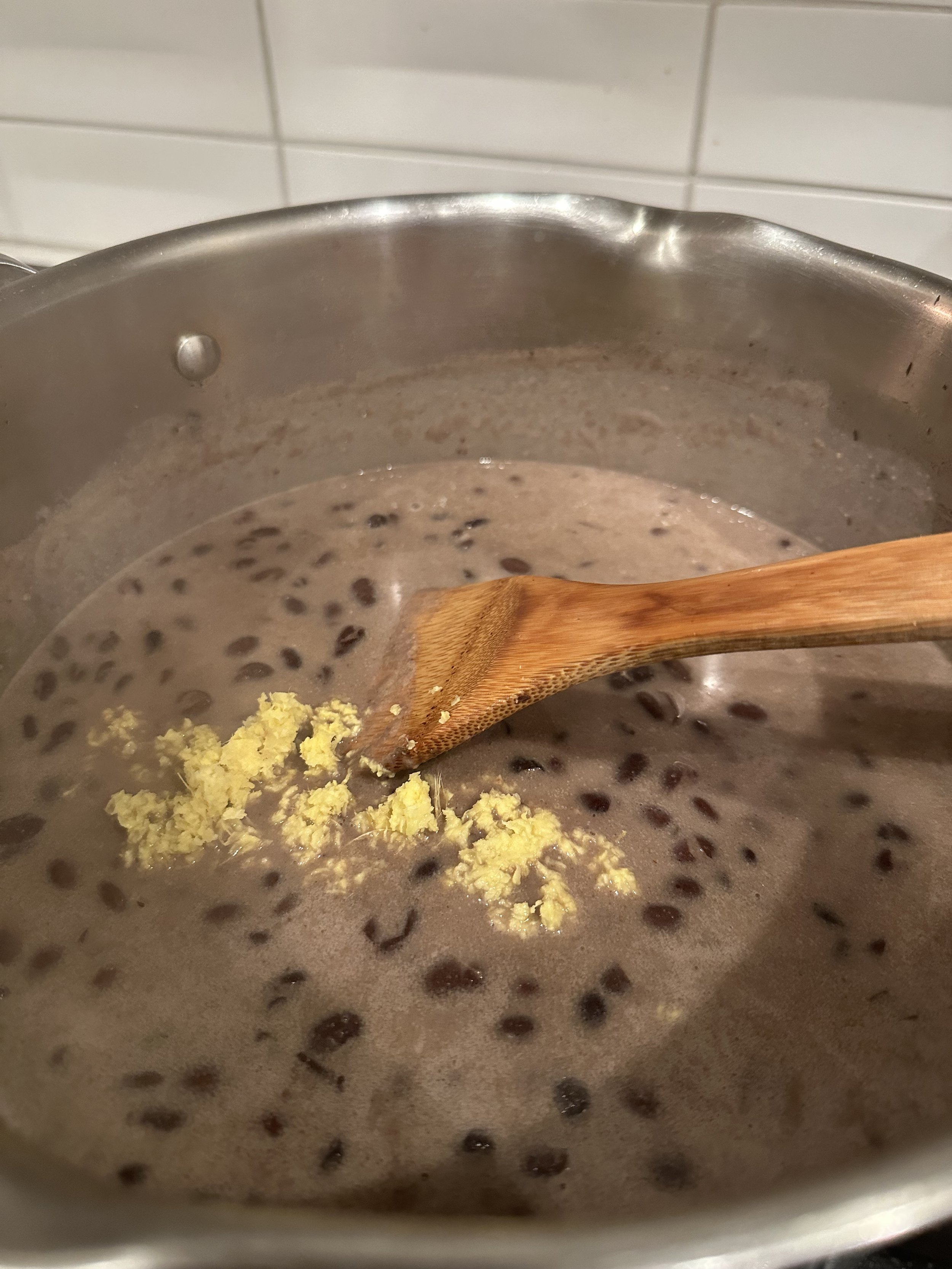Nutrient Considerations for Vegetarians + Vegan Black Bean Recipe!
In the past year, new research has indicated that vegan diets can be as conducive to strength gain as omnivorous diets! Although this isn’t completely new news, its great to see more and more good research confirming that a choice to avoid meat doesn’t mean you can’t get just as strong as your meat eating friends.
In this post I’ll cover a few key points about why we were historically worried vegan diets wouldn’t be good for strength, what vegan athletes still do need to worry about, and I will wrap it up with one of my favorite vegan recipes!
Do we really need to prioritize “complete” proteins?
Historically, we’ve been concerned that vegan protein sources aren’t as good for building muscle because of their incomplete amino acid profile. What does that mean? Well, a protein molecule is a made of a 100s of amino acids chained together. There are 20 different amino acids that make up protein polypeptides in human bodies. Out of the 20, nine cannot be produced by our bodies. This means that we need to ingest them through food. Since most vegan proteins don’t provide all nine amino acids at once, there used to be concern that they weren’t adequate for effectively building muscle.
As a result, we used to teach people that they needed to eat plant based proteins in complimentary combinations. These combinations were food pairings that together provided all 9 essential amino acids. Common examples include rice with beans, beans with toast, and falafel. The idea that we have to eat complimentary proteins that add up to a “complete” protein in the same meal has been debunked. While it’s important to consume protein sources regularly with diverse amino acid profiles, it doesn’t look like we need to get all nine essential amino acids in at the same time or in the same meal.
What vegans do need to prioritize
Although it looks like vegans don’t need to stress out about pairing complimentary plant based sources in each meal, there are some things you still should consider if you are a vegan, vegetarian, or just trying to adopt a more plant based diet:
Plant based sources tend to be lower in leucine (an especially important amino acid for muscle gain). Plant based foods that are relatively high in Leucine include soy beans and lentils.
Plant based sources are often less “bioavailable” meaning that the body can’t break down and use the protein contained in vegan sources as efficiently as with animal based proteins found in meat and dairy.
Luckily, these issues don’t really have a very significant effect so you don’t need to waste too much energy thinking about it. As long as you’re eating adequate protein from diverse sources, you’re good to go! If you want to be extra careful to maximize your gains, aim to eat 10% more protein than your omnivorous counterparts. This will account for the fact that your body ay not be breaking vegan sources down as efficiently.
The Importance of Strength Training for Vegans
Vegans should prioritize regular resistance training. According a recent study on bone health, vegans who do not resistance train have significantly worse bone health than their omnivorous counterparts. However, the addition of regular resistance training seems to eliminate this difference.
Key takeaways
in non lifters, omnivores have significantly better bone health
when comparing vegan and non vegan lifters, bone health seems to be very similar
lifting has a positive effect on bone health for both vegans and omnivores, but it has a larger positive effect for vegans.
You can check out the full study here.
Additional nutritional considerations for plant based eaters
Macronutrient profiles of common protein sources. Vegan protein sources are typically carb (beans/grains) or fat (seeds/nuts) heavy when compared to some animal sources. While it’s easy to find super lean meats and fat free dairy products, most plant based sources are either protein + fat combos, or protein and carb combos. Fat loss efforts can be more complicated. You’ll need to be extra careful about what food you consume in order to stay within fat loss calorie goals while minimizing muscle loss.
Potential vitamin deficiencies. Plant based eaters may have to supplement some key vitamins easier for those who consume animal products. Common vitamins include b12, zinc, vitamin D, and creatine.
Maintaining a diverse diet. Continue to prioritize diverse sources to get all the essential amino acids your body needs without stressing about those complimentary combinations. Here’s a whole blog I wrote on protein intake, which includes a spreadsheet of common protein sources.
If you need ideas, check out this google document I’ve made. It catalogues common protein sources and their macronutrient breakdowns!
Recipe: Black Beans simmered in Coconut Milk
Simmered black beans topped with rice and plantain chips
This is a great weeknight recipe that uses mostly affordable, shelf stable ingredients. It only requires you to grate ginger, otherwise no other chopping. You’ll add hot sauce to your own bowl, so everyone can decide just how spicy they want it. The flavor of ginger and lime in the beans is unexpected but great! Adapted from NYT.
Together, beans and rice have an amazing amino acid profile (all of the essential amino acids!), which makes this a great option for vegans and non vegans alike. This recipe makes about 3 servings if served as a main dish with a small serving of rice. It will be ready in about 30 minutes!
Ingredients
Get your ingredients ready first!
2-15oz cans black beans
TB coconut oil (regular veg or avocado oil is a fine sub)
1½ tsp ground cumin
3 TB grated ginger (peel first!)
1 13-15oz can full-fat coconut milk
Salt and fresh ground pepper
½ cup plantain chips (or other crunchy topping, like chips or coconut!)
~1 tsp lime zest
1-2 TB lime juice (this is added to taste)
Hot sauce, for serving (optional)
Directions
sauté half of the ginger and all of the cumin in coconut oil for one minute
Add beans, coconut milk, salt and fresh pepper. Simmer for 15-20m
Rinse 1 can of black beans and set aside. Open the second, but do not drain! In a medium to large pot, heat the coconut oil over medium. Add the cumin and half of the ginger and cook 1 to 2 minutes, stirring constantly.
Add the rinsed black beans and the remaining whole can of black beans (including the liquid), and the coconut milk; season generously with salt and pepper.
Bring to a boil, then reduce heat to a simmer. Stir occasionally until the beans are soft and warmed through. This should take about 15 to 20 minutes. At this point, smash some beans using the back of a spoon, or use an immersion blender to create a creamier, thicker consistency. Leave at least half of the beans whole!
While the beans simmer, crumble the plantain chips into pieces. In a small bowl, combine chips with lime zest a black pepper to taste.
Remove the beans from the heat. Stir in the remaining ginger. Have a taste, season with salt and pepper if needed. Stir in the lime juice a little at a time. I’ve found I usually only need about 1 TB for my tastes! You can always serve with additional juice on the side so your guests can adjust the flavors a bit. Top with the seasoned plantain chips. Serve with hot sauce! My favorite for these beans is the Sol Food hot sauce (if you’re ever in Marin, drop by!)
Crumble plantain chips, add lime zest and fresh pepper
Add the second half of the ginger at the very end for a fresh, gingery taste
Citations:
Main study reviewed
High-Protein Plant-Based Diet Versus a Protein-Matched Omnivorous Diet to Support Resistance Training Adaptations: A Comparison Between Habitual Vegans and Omnivores. Hevia-Larraín et al. (2021)
Self-reported Resistance Training Is Associated With Better HR-pQCT-derived Bone Microarchitecture in Vegan People
Wakolbinger-Habel R, Reinweber M, König J, Pokan R, König D, Pietschmann P, Muschitz C. Self-reported Resistance Training Is Associated With Better HR-pQCT-derived Bone Microarchitecture in Vegan People. J Clin Endocrinol Metab. 2022 Sep 28;107(10):2900-2911. doi: 10.1210/clinem/dgac445. PMID: 35924941.






